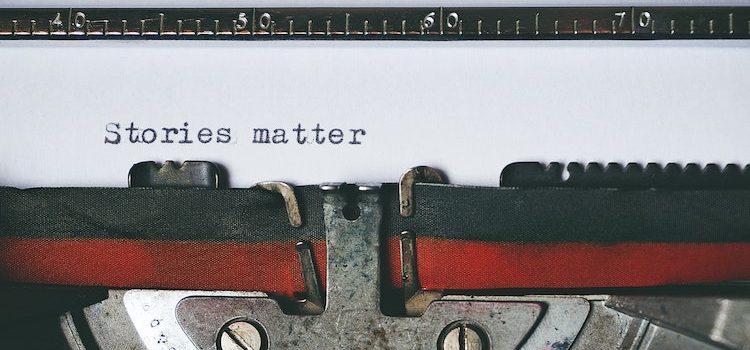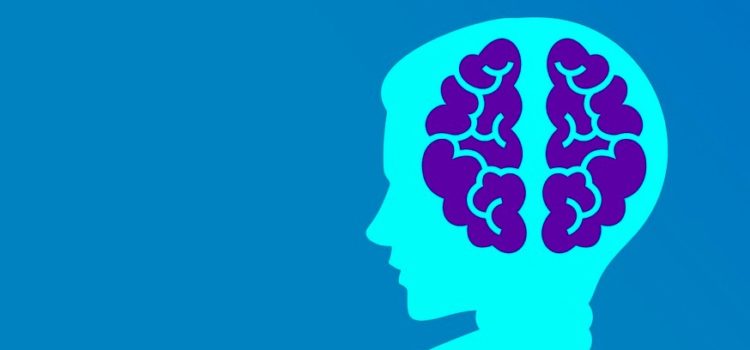What is story bias? Why do people remember stories better than facts? Story bias is the tendency to interpret information as part of a story even though the facts don’t actually support the narrative. Stories are easier to remember than other types of information, which is why we rely on them instead of facts. Keep reading to learn about story bias, why it happens, and how to overcome it.
Story Bias: Why the Brain Favors Stories Over Facts










